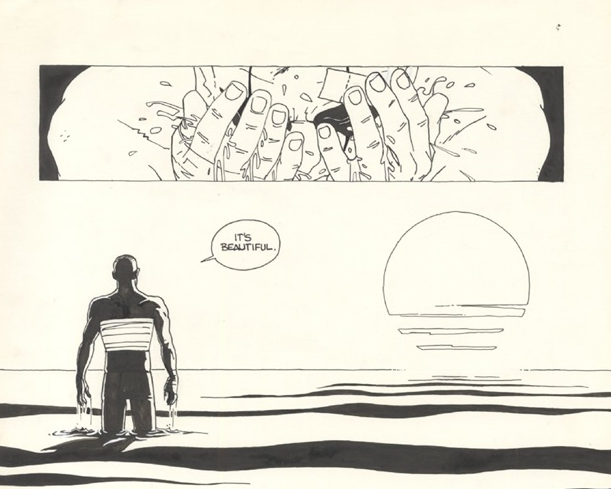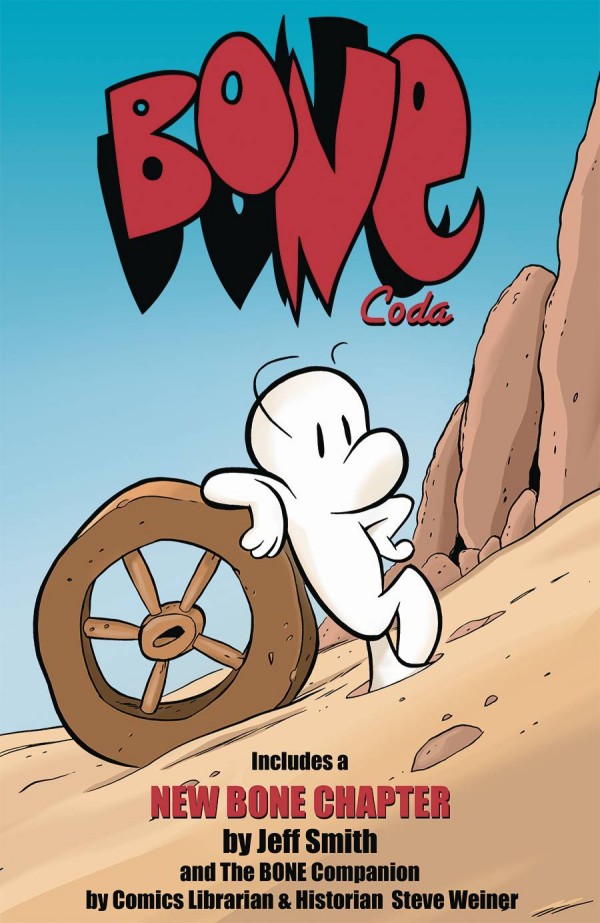 This is the start of my weekend special focusing on Captain America! While the Cap movie might be cool, remember, he got his start in the world of comics. Come read about them with me!
This is the start of my weekend special focusing on Captain America! While the Cap movie might be cool, remember, he got his start in the world of comics. Come read about them with me!Written by Mark Waid
Illustrated by Jorge Molina, Karl Kesel, and Scott Hanna
Marvel
Ever wonder what it must have been like for Steve Rogers coming out of the ice and into a world that's unlike anything he ever imagined? Join Mark Waid as he explores the time just before and after Captain America is lost in the ice. Can the Sentinel of Liberty handle 21st Century America? Only time will tell...
It's always interesting to me when books like this get made. We've seen this type of story before, going back into at least the Bronze Age, where creators decide to fill in information about something that relates to an older story, updating it as need-be. The Justice League of America did it with a hidden case back in the day that teamed up everyone but the kitchen sink, an idea Darwyn Cooke took up in New Frontier. Kurt Busiek perhaps did it best with Untold Tales of Spider-Man, but everyone from John Byrne to Waid himself have done this over the years, whether it was with Year One stories (an idea that is frankly outplayed by now) or something similar.
Given that Cap is about to get his own movie, and that the Avengers are going to be a bit part of the follow-ups to that movie, it's no surprise to me that Marvel got Waid to come in and update this bit of classic history. Of those who look backward, Waid is definitely one of the best, and it shows in this story that, while honestly not necessary (even by comic book terms), is still an enjoyable read that I think does a good job of looking at the concept realistically while still understanding this is a fictional world.
In the book itself, we have the retelling of the "death" of Bucky, followed by Cap waking up and not understanding what's going on. Instead of the Lee-Kirby man of action, this Rogers is far more unsure of what's going on. He thinks he's dreaming, right up to the idea of a Martian trying to attack New York. The reality that sets him straight makes perfect sense, too, in the context of this character and his world.
Once Cap understands he's in a different time, it's up to two figures (Stark, the futurist idealist, and General Simon, the retrospective cynic) to show him the reality of the modern world. This is both the book's greatest strength and biggest weakness. Life in America is complex, and Waid tries to show that by giving the two views. The problem is that Rogers has to choose one, and of course he's going to opt for the one that makes him be a hero. This part of Man Out of Time shows the problem with trying to fit comics into modern times. The realism inserted into the narrative just shows how out of touch a person like Steve Rogers is, let alone why his powers would matter in a world with Iron Man and Thor.
Luckily, we don't dwell on this too long. After meeting Obama (and I hate to be *that* guy, but using Obama means Cap is around for less than two years, which makes me wonder how he could have so much clout in the superhero community by Civil War), Cap is thrust into battle against Kang, who can grant him his fondest wish--going home. There's only one price to pay, however. Kang gets to rule the future, but who cares when you'll be dead by then?
Cap saves the day, of course, and solidifies his place in the Avengers by leading the battle against Kang, and showing that by following his heart, he can fit in during any era. It's all very uplifting and positive, perfect patriotic reading. The ending shows Cap giving Bucky what he always wanted, if only symbolically. It's a true Hollywood ending for a book that's bound to be part of the movie marketing.
The trouble is that it's all just a little too pat. Part of the key to Stan and Jack's insertion of Cap into the world of the 1960s was to show that he was out of his element. He joins the Avengers quickly, but they don't just defer to him in all things. (Heck, Stark chews him out at the end of their first battle.) He is welcomed as a hero, true, but there's tension in the air. Cap's solo adventures are full of doubts, arguments, and problems. I don't feel that from Waid's interpretation. Once Rogers decides to be a hero in this time, it all fits as comfortably as one of his gauntlets. Sure, 1960s Marvel might be a little too heavy on the angst, but I feel like Waid made a misstep here in trying to clean up the story just a bit too much.
What I do appreciate is that while working within continuity, Waid neither does anything outrageous to change history nor bogs any new reader down so far they can't figure out what's going on. Waid's most notable change is having the Fantastic Four help out against Kang, which is logical and harms nothing. On the other hand, new readers get a story that's steeped in history yet has almost no crippling backstory. Anything you need to know (like who Giant Man is) is explained quickly and quietly. This is why Waid is the perfect man for the job--he understands comic history, respects it, and uses it here--all while making sure you don't need a doctorate in comics to get the point of the story, namely that Cap has to find his way in a new era.
While Captain America Man Out of Time is far from perfect, it's a solid read that new and experienced comics readers can enjoy. It's a far better choice than, say, Essential Avengers or dumping people into the good but continuity-heavy Ed Brubaker run that has little to do with the movie or the upcoming Avengers film. I'd have easily read something along these lines for Thor, if they made one. This is a story that doesn't have to be told, but it's fun to see imagined in the hands of one of the great comic writers still active. I'd recommend it despite its flaws, especially to newly-minted Cap fans looking for more of their hero.







